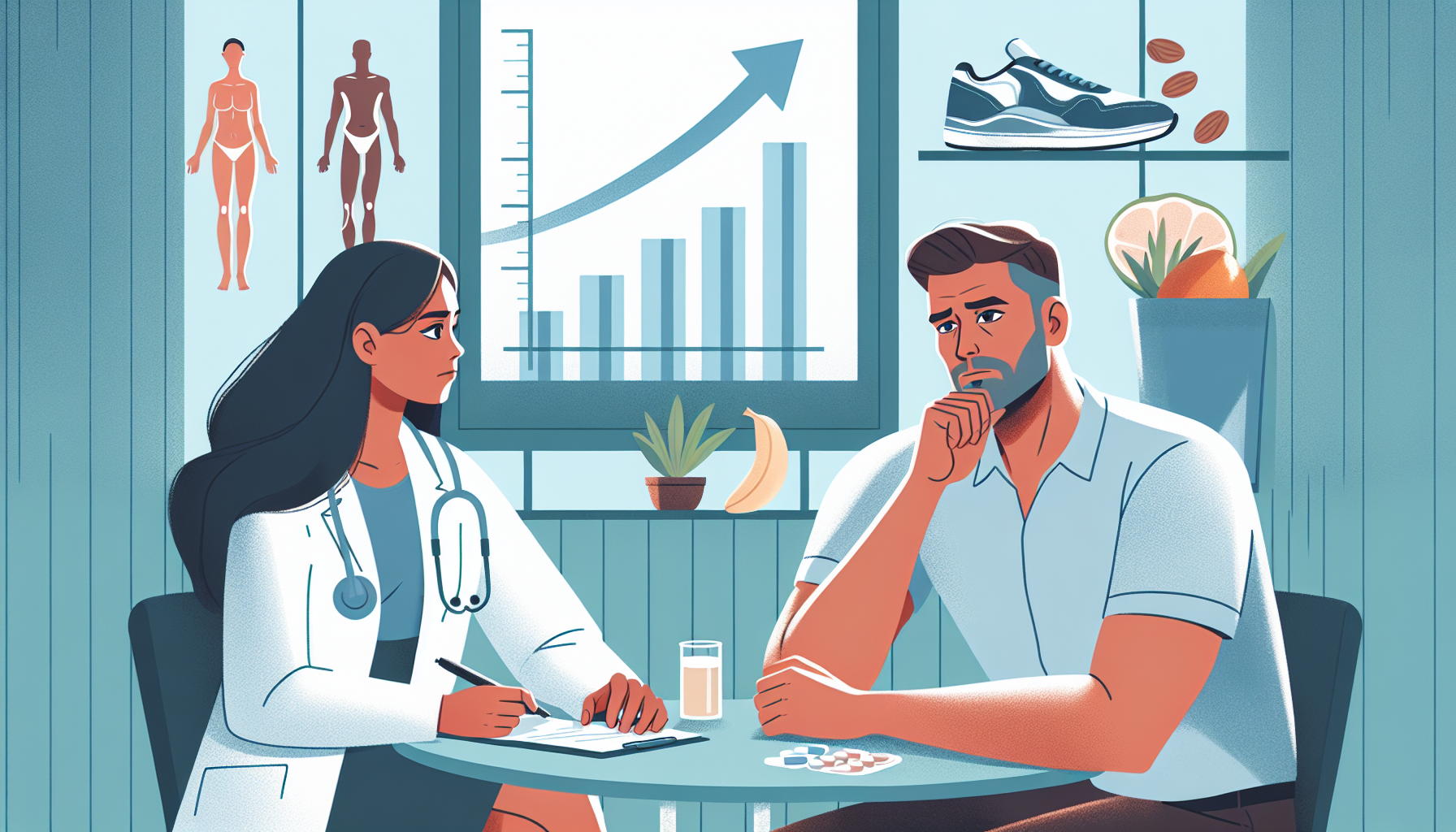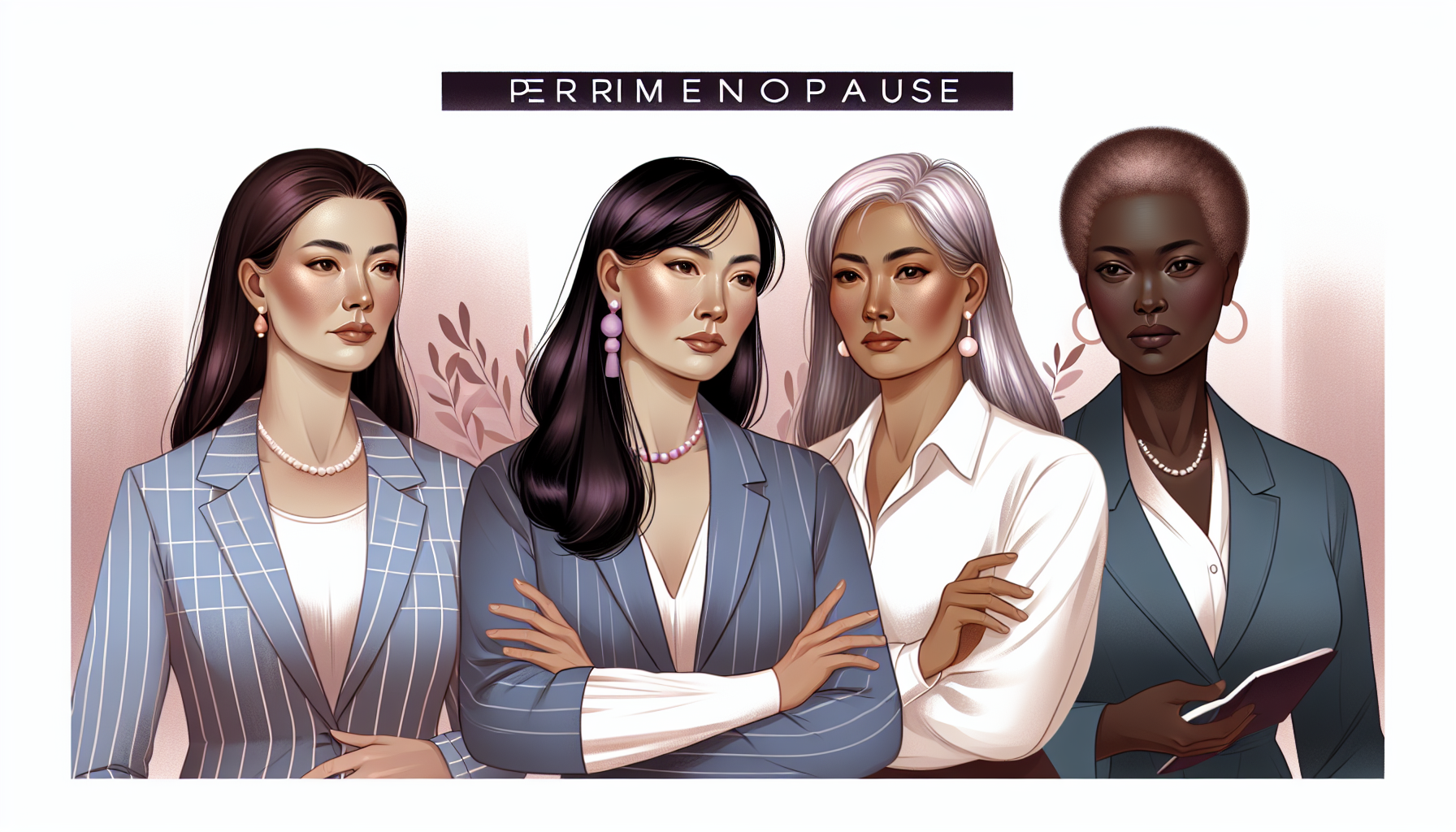So, here we are again. The holiday season is upon us and we have preparations to make. One would think we'd get better at getting ready for them each year, but we don't.
You've gone shopping to purchase that special dress or stylish pantsuit for those special occasions, like the arrival of your friends and relatives or the office party.
You've been to the grocery store to meander through the aisles noticing the holiday recipes displayed throughout, and buying things you only seem to require at this time of year; the candy sprinkles for cookies, sweet potatoes, breaded stuffing, cranberries and the like.
Then too, there are the favorite beverages that are included. Whether you're the host of the get-together, or one of the guests, you'll want to make the correct choice when serving or attending.
Many enjoy the ale-type drinks like the wide array of local and international beer. Others prefer selections like cognac, champagne, brandy, or the like. You and I both know that many studies have been done that warn us all of the negative effects of drinking too much alcohol, both short-term and long-term.
So, you ask, "What does all of this have to do with menopause?" It has much more to do with menopause than most even realize.
A woman experiencing menopause often finds the months of November and December a highly stressful time and just too much to cope with. Sleepless or non-restful nights, bloating from eating too much or too often, weight gain, the demanding friends or relatives, irritability, crying babies, disobedient children, ... then add the hot flashes, sore joints and muscles, headaches, ... well, you know.
Well it just so happens there is a pleasant relief. Who would have guessed that something good can come from menopause? There have been separate studies done that show that women can gain some terrific benefits during menopause. The key is what she drinks. So you wonder, "Just what were these researchers testing?"
If you've never heard of "resveratrol", you're not alone. Most women haven't. Resveratrol is an ingredient that has many wonderful qualities which I'll speak about momentarily, especially for menopausal women. So just where do you find resveratrol? Amazingly it's found in red wine, and the grapes the wine comes from.
Many doctors suggest that menopausal women would do well to have a glass of red wine periodically. However, even more doctors encourage drinking a glass of red wine DAILY. Now, I'm not suggesting that you should become a 'lush', or that you use these studies as an excuse to overindulge because you're experiencing menopause. What I am saying is that you can medically enjoy a daily glass of red wine without feeling guilty because it is actually good for you. (If you took note, you'll notice I said ONE glass, not two or more.)
One of the fantastic rewards of this organic compound called resveratrol is that it is an antioxidant. What that means is it helps to protect your skin against destructive elements such as wind, snow, heat, sun, cold, smog, and such. Our skin is constantly exposed to life's elements, and over time, it gradually breaks down and decreases in elasticity and firmness. The process is known as oxidation and it's similar to leaving metal in the rain. After constant exposure, the metal simply rusts away. As life would have it, our skin takes a beating as well, but resveratrol helps greatly to minimize the damage.
Another exciting find was that resveratrol also has anti-inflammatory properties. Why is that important? Have you ever heard of arthritis or recurring bladder infections? Certainly most women during menopause experience the beginnings of these intrusive conditions. When it comes to joint pain and muscle aches, who doesn't want some relief?
Just think of it! You can actually add aerobics, bicycling, running, and maybe even volleyball or tennis to your activity list again. This wonderful compound lessens joint pain and improves muscle aches, and because it does, it is seriously being studied for future pharmaceutical uses.
Resveratrol is not a miracle cure-all, but wouldn't you appreciate aching for only three days instead of the usual week? Personally, I'd rather reach for a casual glass of red wine than a bottle of pills.
Decreasing memory loss is another profit of resveratrol. Your daily glass of red wine can slow the process and diminish the frequency of times you forget where you put your keys, what you just drove to the store to get, or the reason you left your nice comfy chair to walk into the other room. Forgetting is just a natural part of life, but doing it less often would sure make life a little more pleasant, especially when other family members DON'T forget that you often do.
Of course I realize that there are a few who would prefer to substitute the red wine for other forms of alcoholic beverages thinking they would gain the same results; which leads me to present the study I referred to previously. This particular study was performed by researchers in Stockholm, Sweden.
The team of Swedish researchers collected over 100 willing menopausal women under the age of 75. These women were asked to keep a daily record of the alcohol they ingested for one entire year. When the year was completed, each woman was then tested to learn what her heart rate variability was.
"What in the world is heart rate variability?" you ask. Heart rate variability is important because it measures how the heart performs when activity is increased. Basically, it measures the beats of the heart and the time intervals between each one of them.
For instance, if you are walking your dog and he inadvertently slips out of his collar, you will need to react quickly in retrieving him to avoid his being hit by a passing car. Therefore, your heart must be able to respond immediately to supply your body with the necessary required blood flow to act accordingly. A decrease in heart variability can indicate possible heart problems and a risk of heart disease or even premature death.
When the results of the study were completed, the researchers were astonished to find that the women who drank no alcohol at all had the very lowest heart rate variability. Those who did drink alcohol had a slightly higher variability. The greatest surprise came with those menopausal women who drank red wine. It was discovered that even when other factors such as age, weight, and diet were taken into account, the women who drank the red wine had the very highest heart rate variability.
They found not only did drinking red wine make a substantial difference in the variability rate, but when compared to the other women who drank the other types of alcohol such as beer and 'spirits', the difference was even more remarkable. Drinking any other alcoholic beverage, including the white wine varieties, had very little impact on the variability rate.
The researchers and doctors who examined the results concluded that red wine had a calming affect on the nervous system. For that reason, the women who drank the red wine slept much more relaxed and their heart rhythm gained great benefits from it as well.
However, these same doctors followed up by stating that, as with any alcoholic drink, too much of a good thing then becomes a bad thing, so drinking in moderation is always the general rule, even when drinking red wine.
Well, ladies. The bottom line is this. You can don your new dress, serve your guests with ease, pour yourself a glass of calming red wine, and kick your shoes off to join them, with composure still in tact I might add, in their after dinner drink. You can be the perfectly relaxed hostess with a smile on your face and the "Days of Wine and Roses" in your heart; so go ahead ... enjoy. You are now free to "wine".
Dawn M. Olsen is an Advocate for Better Women's Health through Education. Visit Menopause A to Z if you need menopause support, or just need to find out more about how to approach your menopause symptoms and life post menopause.
View the original article here





